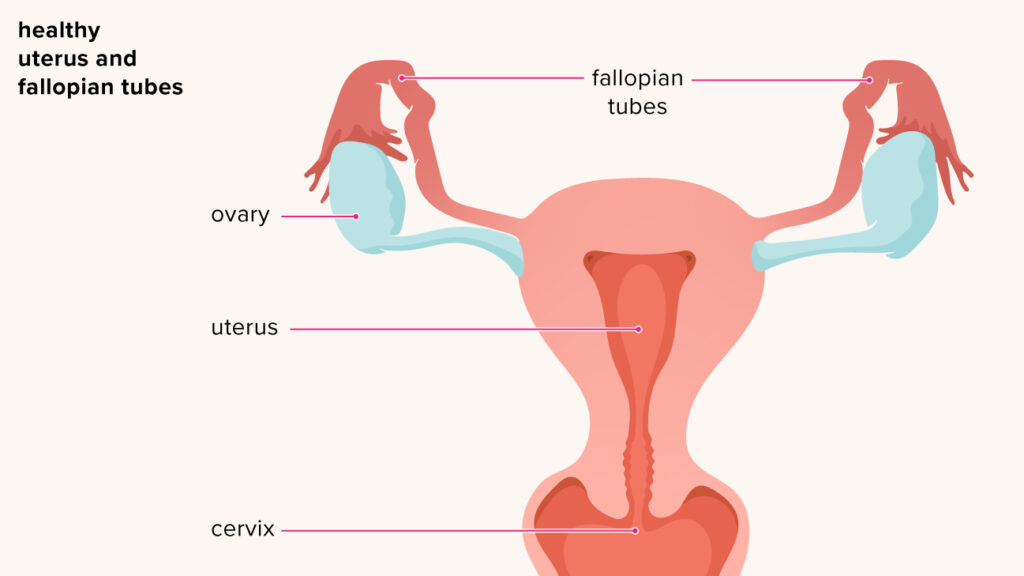PID
What are the Risk Factors?

Dr. Saurav Maheswari
IVF SPECIALIST
Pelvic inflammatory disease (PID) is an infection of the female reproductive organs. The pelvis region is in the lower abdomen and includes the fallopian tubes, ovaries, cervix, and uterus.
PID is a complication often caused by some sexually transmitted infections like chlamydia and gonorrhea. Other infections that are not sexually transmitted (like mycoplasma, anaerobes) can also cause PID. The bacteria first enter the vagina and causes an infection. As time passes, this infection moves up into the pelvic organs. PID can sometimes become extremely dangerous, even life-threatening, if the infection spreads to the blood.
Symptoms of PID
Some women with pelvic inflammatory disease may not have any symptoms. Symptomatic women may have pain in the lower abdomen (the most common symptom), increased or foul-smelling vaginal discharge, fever on & off, painful sex, painful urination, irregular bleeding & tiredness
Diagnosis of PID
There is no single confirmatory test for PID. A diagnosis is usually based on a combination of your medical history (symptoms), physical exam (including pelvic examination), and a few other tests (blood & urine).


Treatment of PID
If PID is diagnosed early, it can be treated easily. However, treatment won’t undo any damage that has already happened to your reproductive system. The longer you wait to get treated, the more likely it is that you will have complications from PID.
While taking antibiotics, your symptoms may go away before the infection is cured. Even if symptoms go away, you should finish taking all of your medicine. It is also very important that you and your partner both finish your treatment before having any kind of sex so that you don’t re-infect each other.
You can get PID again if you get infected with an STD again. Also, if you have had PID before, you have a higher chance of getting it again.
Prevention of PID
You can lower your risk of PID by practicing safe sex (using condoms), getting regularly tested for sexually transmitted infections, avoiding douching (washing the inside of the vagina with water), wiping the vaginal region from front to back after using the bathroom to stop bacteria from entering your vagina.
Complications of PID
Some of the complications of PID include:
- Formation of scar tissue both outside and inside the fallopian tubes that can lead to tubal blockage;
- Ectopic pregnancy (pregnancy outside the womb);
- Infertility (inability to get pregnant);
- Long-term pelvic/abdominal pain.
If diagnosed and treated early, the complications of PID can be prevented.


Give me PID doctors contact no.
You can Contact Dr Saurav Maheshwari through IHR, Guwahati, reception at 9864103333.
When someone writtes an post he/she maintains the image of a usr
in his/her mind that how a user can know it.
Therefore that’s why this piece of writing is outstdanding.
Thanks!
It’s very effortless to find out any topic on net as compared to books, as I
found tis post at this web page.
Every weekend i used to visit tthis website, aas i wat enjoyment, since this this
web page conations actually good funnny data too.